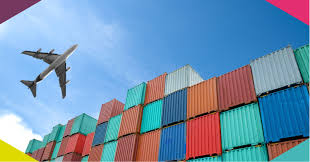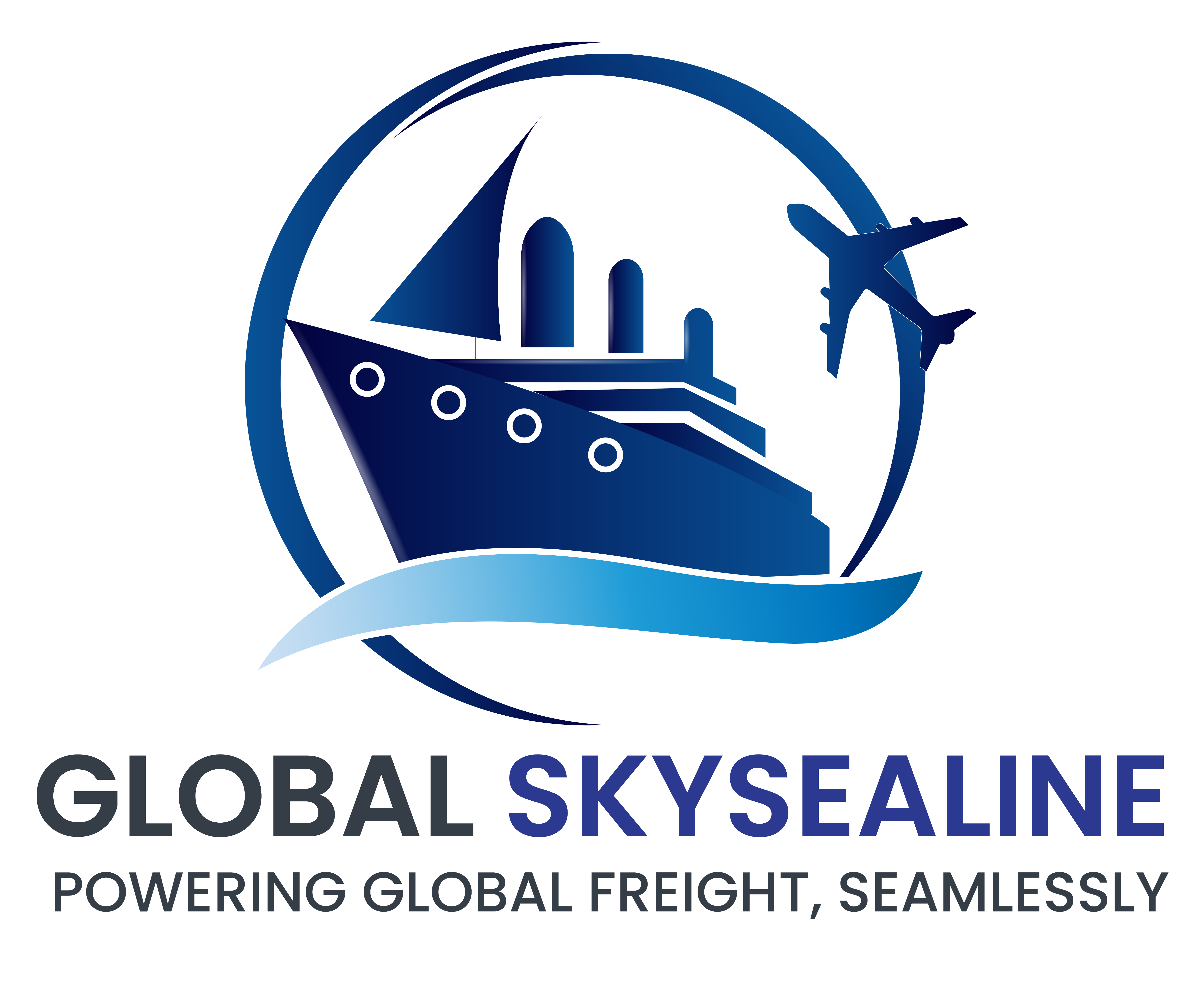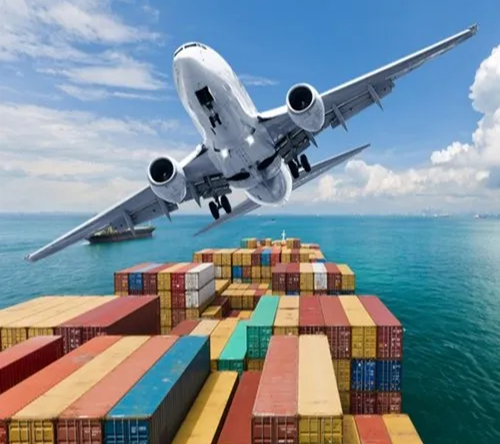
Air Freight Cost Breakdown: What You’re Really Paying For
When it comes to moving goods quickly and efficiently across borders, air freight is often the preferred option — especially for time-sensitive shipments. But with great speed comes a price. If you've ever wondered why air freight is expensive or what exactly you're paying for, this guide breaks down the real cost components behind air cargo pricing.
1. Freight Charges (By Weight or Volume)
The core of any air freight invoice is the freight charge, which depends on:
-
Chargeable Weight: This is either the actual weight or volumetric (dimensional) weight, whichever is greater.
-
Volumetric Weight Formula:
Length × Width × Height (cm) ÷ 6000
So, even lightweight goods can cost more if they occupy more space.
2. Fuel Surcharges
Jet fuel is a significant expense for airlines. Most carriers apply a fuel surcharge to offset fluctuating fuel prices. This fee changes regularly and is added on top of base freight charges.
3. Security Fees
Given the sensitive nature of air cargo, airlines and airports impose security surcharges for screening, monitoring, and ensuring safe transportation. This helps cover costs of compliance with international aviation security standards.
4. Terminal Handling Charges (THC)
These are fees for handling cargo at the airport terminals — including loading, unloading, storage, and documentation at the origin and destination airports. THC can vary depending on airport regulations and cargo type.
5. Customs Clearance Fees
When shipping internationally, your cargo must pass through customs. Costs here may include:
-
Brokerage Fees
-
Duties and Taxes
-
Inspection Charges (if applicable)
These fees vary depending on the cargo's value, classification, and destination country.
6. Documentation Charges
Preparing essential paperwork such as the Air Waybill (AWB), commercial invoices, export declarations, and certificates may involve administrative fees charged by freight forwarders or carriers.
7. Pickup and Delivery Charges
Air freight typically only covers airport-to-airport transit. If you require door-to-door service, local pickup and last-mile delivery charges will be added based on distance, location, and cargo volume.
8. Insurance (Optional but Recommended)
Though optional, many businesses opt for cargo insurance to protect their goods from loss, theft, or damage. The cost depends on shipment value, risk level, and coverage terms.
9. Warehousing & Storage (If Delayed)
If your cargo arrives early or there are customs delays, warehousing fees may apply for short-term storage at origin or destination facilities.
10. Additional Surcharges (if applicable)
These may include:
-
Dangerous Goods Handling Fees
-
Temperature-Controlled Cargo Charges
-
Weekend or Holiday Handling Fees
-
Remote Area Surcharges
Each shipment is unique, so surcharges depend on the specific service level and cargo requirements.
💡 Tips to Optimize Your Air Freight Costs
-
Consolidate shipments to avoid small load penalties.
-
Accurately measure and pack cargo to reduce volumetric weight charges.
-
Book in advance for better rates and availability.
-
Use a reliable freight forwarder to navigate customs and documentation efficiently.
Conclusion
Air freight pricing isn't just about the weight of your shipment — it includes a complex set of variables designed to ensure speed, security, and reliability. By understanding what you’re really paying for, you can make more informed shipping decisions and optimize costs without compromising delivery timelines.



